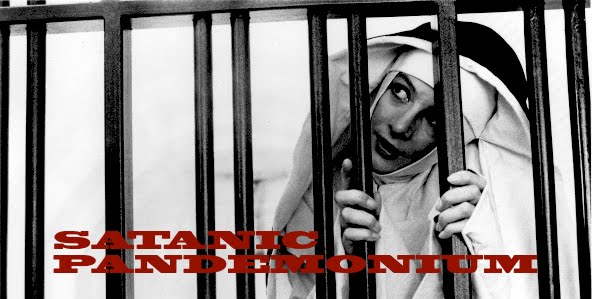Colin Eggleston, 1978
Starring: John Hargreaves, Briony Behets
In order to try to repair their failing marriage, Peter and Marcia take a long weekend to go camping on an isolated Australian beach. Their personal tension leads to some rash behavior that nearly ruins their trip, which also gets worse when nature begins to take revenge on them for their cruel and carless actions. Billed as a nature horror or animals attack film, Long Weekend may have some angry animals and emphasize the alien nature of a wild landscape, but it is really more of a psychological thriller.
My misgivings about Lost Weekend are almost solely based on the fact that it is simply not the film I was expecting. Unlike the majority of other animals attack films, it is not a fun, low budget exercise in animal terror complete with bad effects and worse acting. Lost Weekend is a deadly serious slow burn, more concerned with building atmosphere and the main characters’ descent into hysteria. Peter and Marcia are also utterly unlikable, which makes the film difficult to laugh at. They are nasty to one another and the undercurrent of their marital problems (infidelity, abortion) only allows them brief moments of happiness early in the film.
The real antagonist of the film is not homicidal or malicious animals, but Peter and Marcia’s internal struggles, which result in mounting anger, guilt, grief and paranoia. I didn’t read much about this film before watching it and up to about half an hour in thought this was going to be a film about a man luring his cheating wife into the middle of nowhere to psychologically torment and then kill her. It is not that literal, but it can definitely be read that they are responsible for their own undoings, not the animals. There are similar themes to Lars von Trier’s Antichrist, though Long Weekend shows a lot more restraint. The couples’ stress is brought on by the death of a child and sexual problems. Though Long Weekend will likely appeal to anyone who thought Antichrist went too far over the top, I thought it didn’t go as far as it could have, particularly with the female hysteria angle. There are some effectively eerie moments where they find an abandoned camp site with children’s toys and clothing, but again, this could have been explored further.
As far as the animals attack themes, they are present, but subtle. The couple disrespects nature and the local animals, but not to extremes. They leave their trash on the camp site, spray bug repellent everywhere, throw cigarette butts in the bush, smash an eagle’s egg for no reason, and the husband runs over a kangaroo early in the film. They find a beached dugong, a sea cow, which they bury after believing it to be dead. It somehow creeps closer and closer to their camping site, another effective element that is used too little, too late. The animals also strike back far too late in the film and too subtly for this to be a real animals attack film. The husband is bit by a possum (he started it) and attacked by an eagle. The wife gets the car stuck in thick spider webs in the woods, but the only true violence in the film is done by humans, mostly on accident. The couple is so unlikable I found myself wishing they would die sooner and more brutally. Alas.
Though it was a commercial failure in Australia, Long Weekend won some awards in other countries and has since gone on to be a cult classic. If you’re in the mood for a slow, atmospheric thriller, this comes highly recommended. There is some lovely cinematography from Vincent Monton and this is a good example of ‘70s Australian outback horror, though it takes place in the woods and on the beach. It is also worth watching for the excellent use of sound effects, particularly when the woods come alive at night and a haunting cry drives the couple mad. The deliberate, though effective script was written by Everett De Roche, who went on to pen another animals attack film, Razorback, a riff on Jaws with a murderous pig, Road Games, and the wonderfully demented Patrick.
Long Weekend is available on DVD from Synapse. Special features include a trailer, commentary from producer Richard Brennan and Vincent Monton, as well as a still gallery with an interview from lead John Hargreaves.


No comments:
Post a Comment